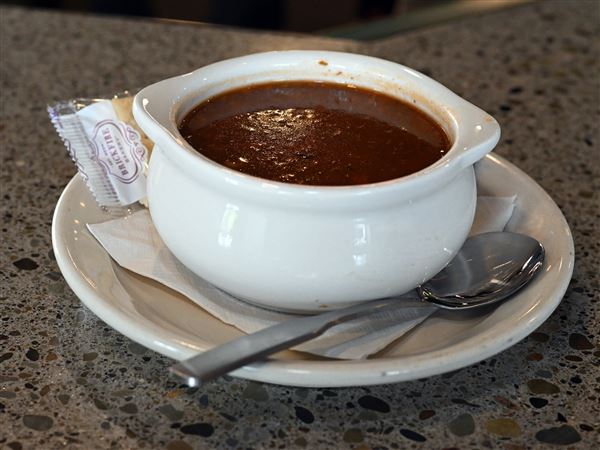HARRISBURG -- Republicans have a majority in the state House, but they can't get everything they want.
They are being thwarted on passage of some legislation by a handful of other Republicans who are joining with Democrats.
The House now has 112 Republicans, which is more than enough to get the minimum of 102 votes needed to approve bills and send them to the Senate.
But 12 to 15 of the House GOP caucus members "are holding the other members hostage and thwarting their will" on bills to change the prevailing wage law and to get the state out of the business of selling liquor and wine, complained Matthew Brouillette, president of an influential conservative group called the Commonwealth Foundation.
It takes just 11 Republicans, joined with the 91 Democrats, to keep key elements of the House GOP leadership's agenda from being approved -- which is happening in the case of a bill to weaken prevailing wages on public construction projects and to turn liquor sales over to the private sector.
"There's a handful of Republicans who hold a veto over the majority caucus in the House," Mr. Brouillette said.
"In effect, they're holding them hostage."
Most of the dissident Republicans are from southeastern Pennsylvania, where GOP members tend to be more liberal on social issues. But another is Rep. Jim Marshall of Beaver County, who has a lot of union members among his constituents.
One prominent opponent of weakening the prevailing wage construction law, which has existed since 1961, is Rep. Gene DiGirolama from Bucks County, who has many union members living in his district.
He's also been a notably outspoken critic of Republican Gov. Tom Corbett's proposed cuts in human services funding for the state budget that starts July 1.
Mr. DiGirolamo makes no apologies for opposing House Bill 1329, which would increase the price threshold on public projects for which prevailing wages, often called "union wages," have to be paid by school districts and municipalities. Since 1961 that threshold has been $25,000, a relatively low amount that forces union wages to be paid on almost all public construction projects. Critics of the current law, such as Rep. Ron Miller, R-York, want to raise the threshold to $185,000 in order to cut labor costs and save school districts money.
But Mr. DiGirolamo said there are no guarantees that lower costs paid to construction workers will lower the tax burden on taxpayers. Construction companies may just pocket any savings from not having to pay prevailing wages to plumbers, carpenters, electricians and others, he said.
He has created a political action committee, called GoodJobsPa, which gets donations, mostly from labor unions, and gives the money to liberal-leaning House Republicans, such as Mr. Marshall ($5,000) and Reps. Tom Murt of Montgomery ($2,500), Rep. Bob Godshall of Montgomery ($500) and Rep. Joe Hackett of Delaware County ($2,500).
"My Republican [county] committee people are union people,'' he said. "Most Republicans in my district are union members,'' which he said is a good thing because it allows for "the diversity of the House Republican caucus. This is democracy at work.''
He said he'll vote no on House Bill 1329, the bill to reduce the number of projects on which higher wages must be paid.
So would Rep. Marshall, who doubts the supposed savings on construction projects that some say would be gained by lowering wages of construction workers.
"Some of the math I've heard, like a 30 percent reduction in the cost of projects, is an oversimplification,'' he said. "We are trying to protect Pennsylvania workers. Why would we attack Pennsylvania jobs?
Both Republicans also oppose private liquor stores. "Wherever you have increased access to alcohol, you have increased problems with abuse,'' said Mr. DiGirolamo. "The Liquor Control Board makes a major profit every year and pays taxes to the state. If it's not broken, why fix it?''
Mr. Marshall added, "I don't see a glaring problem with the state system.''
Both bills may come up for action when the House returns April 30.
First Published: April 15, 2012, 9:30 p.m.
Updated: April 15, 2012, 9:34 p.m.















